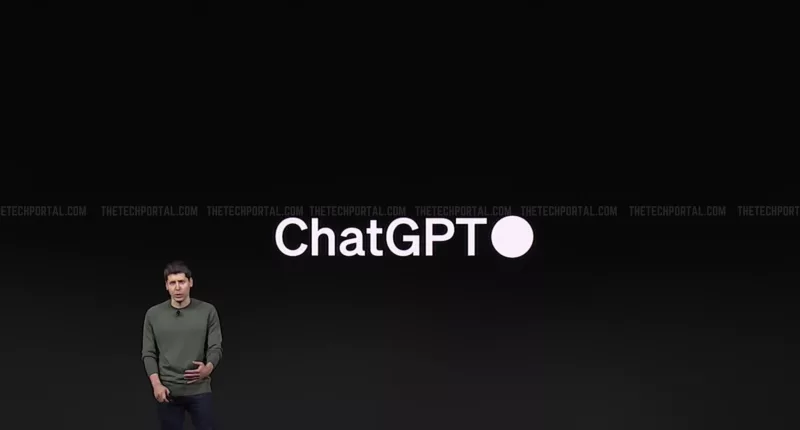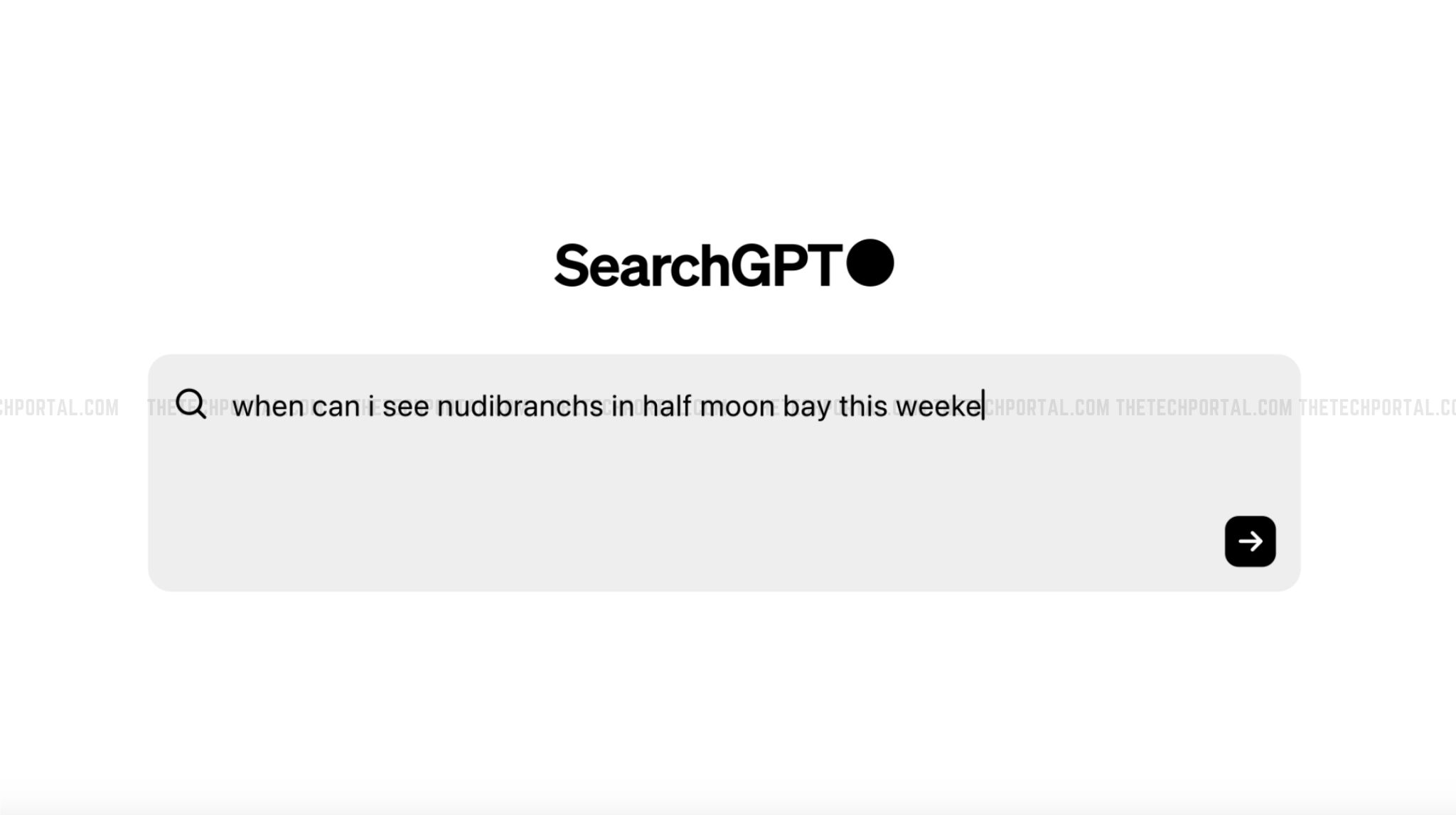Speculations have been laid true, as OpenAI is now officially entering the competitive search market with the introduction of SearchGPT, an AI-powered search engine running on its powerful GPT-4 LLM. The launch of SearchGPT positions OpenAI in direct competition with established search engines like Google and Bing. Google, in particular, has been quick to integrate AI features into its search engine, driven by concerns that users might migrate to innovative alternatives.
For its part, OpenAI has established content licensing agreements with major organizations such as News Corp and The Atlantic. These partnerships aim to ensure that publishers have control over how their content is displayed in search results. SearchGPT is also powered by the GPT-4 family of models, designed to provide summarized search results with source links. With this, users can engage in follow-up questions, receiving contextual responses that enhance the search experience.
“AI search is going to become one of the key ways that people navigate the internet, and it’s crucial, in these early days, that the technology is built in a way that values, respects, and protects journalism and publishers. We look forward to partnering with OpenAI in the process, and creating a new way for readers to discover The Atlantic,” Nicholas Thompson, CEO of The Atlantic, commented on the matter.
SearchGPT is designed with a user-friendly interface that begins with a large text box asking, “What are you looking for?” Unlike traditional search engines that return a simple list of links, SearchGPT goes a step further by summarizing and organizing search results. For example, when asked about music festivals, SearchGPT not only lists events but also provides concise descriptions of each festival, followed by attribution links. Another demonstration shows SearchGPT explaining when to plant tomatoes and detailing various plant varieties. This functionality allows users to ask follow-up questions or explore additional related links through a sidebar.
At its current stage, SearchGPT is considered a “prototype” and is available only to 10,000 test users. OpenAI spokesperson Kayla Wood mentioned that the company is working with third-party partners and using direct content feeds to compile its search results. The final goal is to integrate the most effective features of SearchGPT into ChatGPT, enhancing its capabilities, making it a more comprehensive tool for online searches, and avoiding issues such as plagiarism and inaccuracies.
“We’re testing SearchGPT, a prototype of new search features designed to combine the strength of our AI models with information from the web to give you fast and timely answers with clear and relevant sources. We’re launching to a small group of users and publishers to get feedback. While this prototype is temporary, we plan to integrate the best of these features directly into ChatGPT in the future. If you’re interested in trying the prototype, sign up for the waitlist,” OpenAI noted in a blog post on the matter.
The Tech Portal is published by Blue Box Media Private Limited. Our investors have no influence over our reporting. Read our full Ownership and Funding Disclosure →







